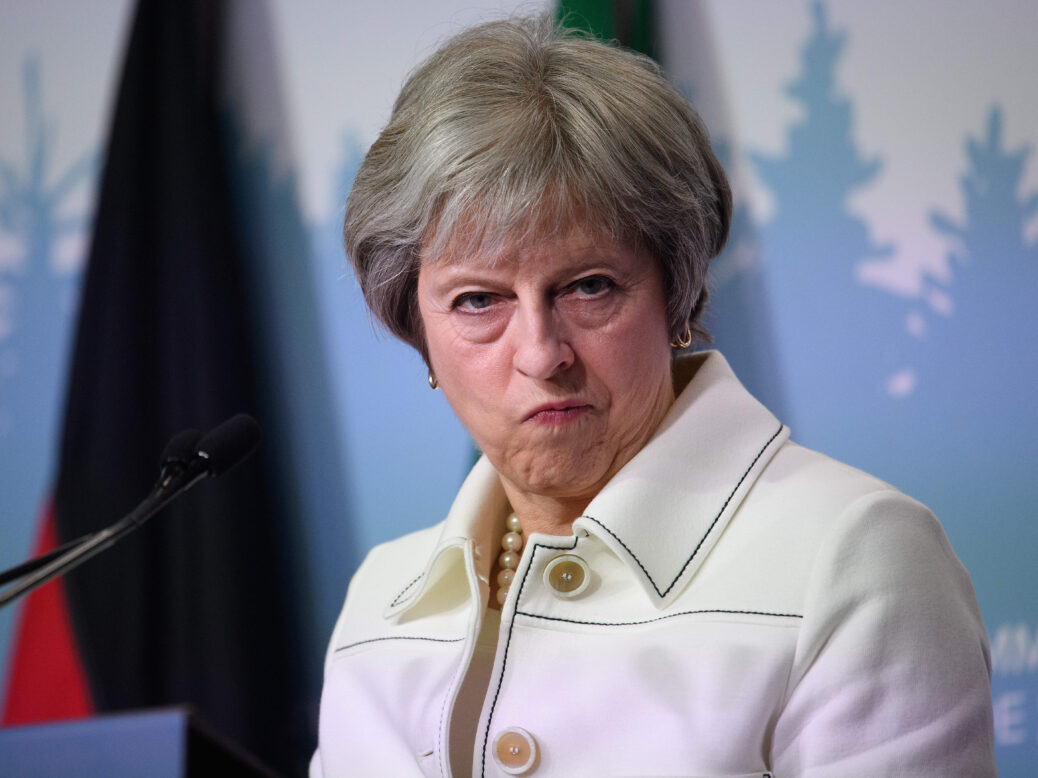
If there is one stance that defines Theresa May, it is her hostility to immigration. The Prime Minister has equivocated and hedged in other areas, but she has remained resolute in her desire to curb newcomers.
Throughout May’s six-year tenure at the Home Office, immigration policy was remorselessly tightened. When she became Prime Minister in 2016, she doubled-down: defending an arbitrary net migration target that had never been met (owing to free movement from the EU). Such was May’s absolutism that she refused to even exempt foreign students (who most voters do not consider to be immigrants) from the “tens of thousands” limit.
To her cost, Amber Rudd, May’s successor, failed to reform immigration policy (most notoriously, the “hostile environment”) – even after the Prime Minister’s election humbling. But Sajid Javid, Rudd’s replacement, is minded not to make the same mistake.
After justified outrage at the news that 1,518 visa applications by foreign doctors were rejected in the four months to March, Javid is expected to announce on Friday that doctors and nurses will be excluded from the government’s visa cap on non-EU skilled workers (20,700).
Their exemption will help free up visas for workers in other sectors such as tech and education.
For the first time since 2010, then, immigration policy will be liberalised, rather than tightened. With 93,000 posts unfilled in the NHS, May has finally conceded that this is a battle she cannot win.
Further defeats could follow. The House of Lords recently passed an amendment exempting foreign students from the net migration target – a stance Javid supports and which MPs are likely to affirm when the bill returns to the Commons. May, absorbed by the Sisyphean task of Brexit, is ever more in office, rather than in power.
The target itself has never been more vulnerable. From diametrically opposed wings of the party, Ruth Davidson and Jacob Rees-Mogg have both called for its abolition – a view echoed by an ever greater number of Tories. Not once in the 97 months since its introduction, has the target been met (net migration currently stands at 244,000). By defining present levels as a “failure”, the policy has further undermined public trust in the immigration system, and placed crude limits on the number of foreign students and non-EU workers.
Polling shows a majority of voters oppose the net migration target and recognise that a rational immigration system should be based on needs, not numbers. Indeed, when discussing the subject, cabinet ministers become immigration Nimbys: “Fewer migrants please, but not in my sector.”
Even should May defend the net migration target, it will not outlive her departure from No 10. The Prime Minister has already been forced to abandon signature policies such as new grammar schools, workers on boards, social care reform and curbs on pensioner benefits. Now, the last surviving pillar of what was once called “Mayism”, is crumbling.






